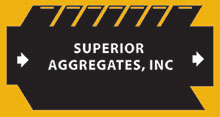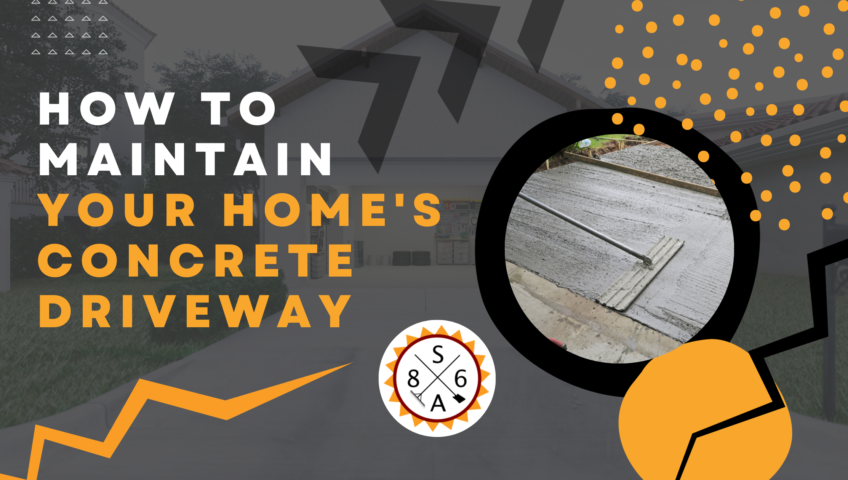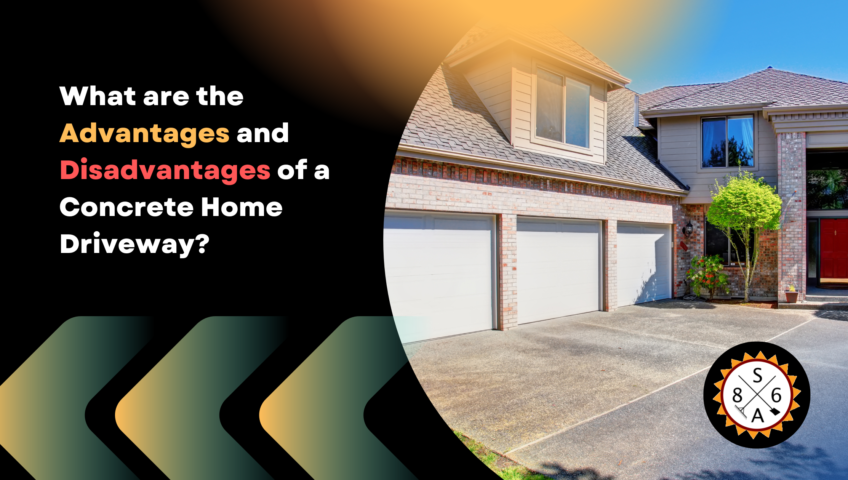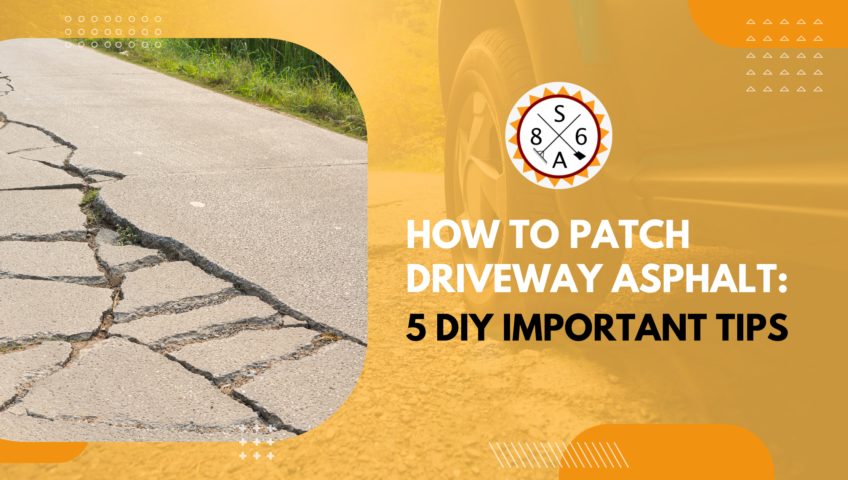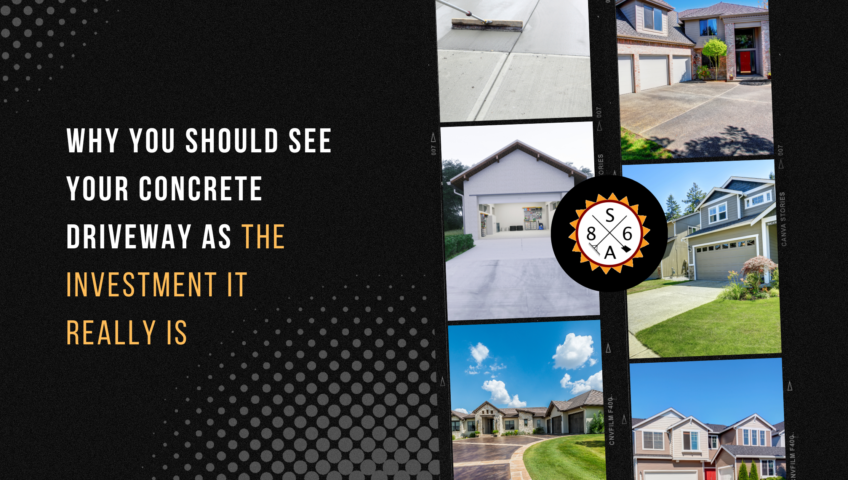
Why You Should See Your Concrete Driveway as the Investment it Really Is
When people think about making investments to their home that will ultimately improve the resale value, their mind usually goes directly for a few specific types of projects.
Naturally, you’ll want to make sure areas like the kitchen and bathroom are updated with modern designs and fixtures. You’ll also want to pay attention to critical systems like the roof or HVAC. But one area that most people don’t consider is also among the most crucial: the driveway.
That’s right – having a concrete driveway installed is absolutely an investment, and it should be treated as such. This is true for a number of different reasons, all of which are worth a closer look.
The Longevity Factor
For most people, the number one reason why a concrete driveway should be seen as an investment has to do with just how long-lasting it truly is. Concrete is an inherently durable material, which is why it is used so much throughout our daily lives.
The key takeaway is that so long as it is properly maintained, that driveway could last three or more decades without showing any obvious signs of distress. This means that you make sure that water needs to drain away from the driveway and not onto it whenever possible, for example. You’ll also want to take care to clean up any spills or stains as soon after they develop as possible.
Concrete is adept at standing up to the heaviest cars and trucks out there – which is great for the resale value of a home or even a commercial property.
No Fuss, No Muss
Along the same lines, concrete is also known for being notoriously easy to maintain. This is true to the point where most people go for years without thinking too much about their driveway at all.
If you were working with a material like asphalt, for example, you’d need to reseal it once a year or so. This is especially true if you live in an area of the country that gets all four seasons. You can get away with skipping a year, but if you do it too much you’ll be dealing with major issues after just five years.
With concrete, you should always seal it for maximum longevity, but beyond that, you don’t have to worry about much at all. Even cleaning concrete is comparatively simple. In most situations all you need is a broom, and the occasional session with the pressure washer will get up anything particularly “tough” from the surface.
Because of benefits like those outlined above, not only will you likely be able to sell a home faster with a concrete driveway, but you’ll likely command a higher asking price, too. This is because prospective buyers know that they don’t have to pull out an asphalt driveway (or worse, gravel) and replace it with a concrete one of their own.
In the end, your concrete driveway is absolutely an investment – and it’s one that deserves to be protected. Whether you’re not even thinking of selling your home or are preparing for a big move, it’s an element that you need to be proactive about taking care of. Concrete is a big part of the curb appeal of any space and if you do put a little work in now, it represents effort that will continue to pay dividends for years to come.
If you’d like to find out more information about why your concrete driveway is an investment in every sense of the term, or if you’d just like to discuss your own needs with a team of professionals in a bit more detail, please don’t delay – contact us today.
When people think about making investments to their home that will ultimately improve the resale value, their mind usually goes directly for a few specific types of projects.
Naturally, you’ll want to make sure areas like the kitchen and bathroom are updated with modern designs and fixtures. You’ll also want to pay attention to critical systems like the roof or HVAC. But one area that most people don’t consider is also among the most crucial: the driveway.
That’s right – having a concrete driveway installed is absolutely an investment, and it should be treated as such. This is true for a number of different reasons, all of which are worth a closer look.
The Longevity Factor
For most people, the number one reason why a concrete driveway should be seen as an investment has to do with just how long-lasting it truly is. Concrete is an inherently durable material, which is why it is used so much throughout our daily lives.
The key takeaway is that so long as it is properly maintained, that driveway could last three or more decades without showing any obvious signs of distress. This means that you make sure that water needs to drain away from the driveway and not onto it whenever possible, for example. You’ll also want to take care to clean up any spills or stains as soon after they develop as possible.
Concrete is adept at standing up to the heaviest cars and trucks out there – which is great for the resale value of a home or even a commercial property.
No Fuss, No Muss
Along the same lines, concrete is also known for being notoriously easy to maintain. This is true to the point where most people go for years without thinking too much about their driveway at all.
If you were working with a material like asphalt, for example, you’d need to reseal it once a year or so. This is especially true if you live in an area of the country that gets all four seasons. You can get away with skipping a year, but if you do it too much you’ll be dealing with major issues after just five years.
With concrete, you should always seal it for maximum longevity, but beyond that, you don’t have to worry about much at all. Even cleaning concrete is comparatively simple. In most situations all you need is a broom, and the occasional session with the pressure washer will get up anything particularly “tough” from the surface.
Because of benefits like those outlined above, not only will you likely be able to sell a home faster with a concrete driveway, but you’ll likely command a higher asking price, too. This is because prospective buyers know that they don’t have to pull out an asphalt driveway (or worse, gravel) and replace it with a concrete one of their own.
In the end, your concrete driveway is absolutely an investment – and it’s one that deserves to be protected. Whether you’re not even thinking of selling your home or are preparing for a big move, it’s an element that you need to be proactive about taking care of. Concrete is a big part of the curb appeal of any space and if you do put a little work in now, it represents effort that will continue to pay dividends for years to come.
If you’d like to find out more information about why your concrete driveway is an investment in every sense of the term, or if you’d just like to discuss your own needs with a team of professionals in a bit more detail, please don’t delay – contact us today.
